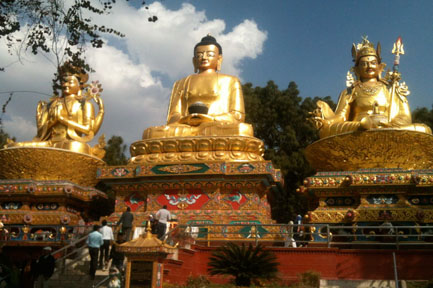Around the world, people have observed fasting and it has a special place in many spiritual and religious events. In India and Nepal, depending on the lunar cycle – the full moon or the new moon, people observe half a day to a full day of fasting. Some observe fasting without food on special days in honor of certain deities. Muslims observe a special type of month long fast during Ramadan. Both Christians and Jews observe fasting practices on their special holidays. So fasting has been a continued tradition by billions of people for thousands of years.
Science also encourages periodic and controlled fasting. Our body is constantly working and processing food and information every day for 24 hours a day. So giving a break to the body from time to time, helps rejuvenates certain functions and gives the body a chance to reset.
Some recommended fasts:
Fruit Fast (focusing on raw vegetables, nuts and fruits)
Midday Fast (only having one meal after 12:00 noon)
Evening Fast (recommended in the Vipassana and other Tibetan meditations where solid foods are eaten for breakfast and lunch but no food after 12:00 noon)
*Not recommended as medical advice. Always consult with your medical advisor or health practitioner before trying new dietary practices.

